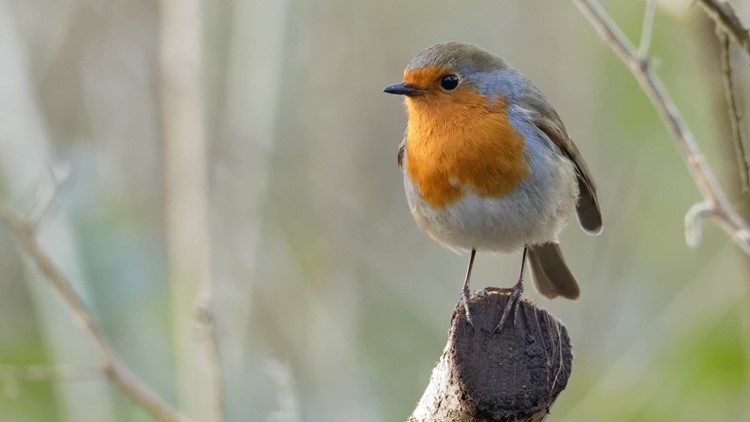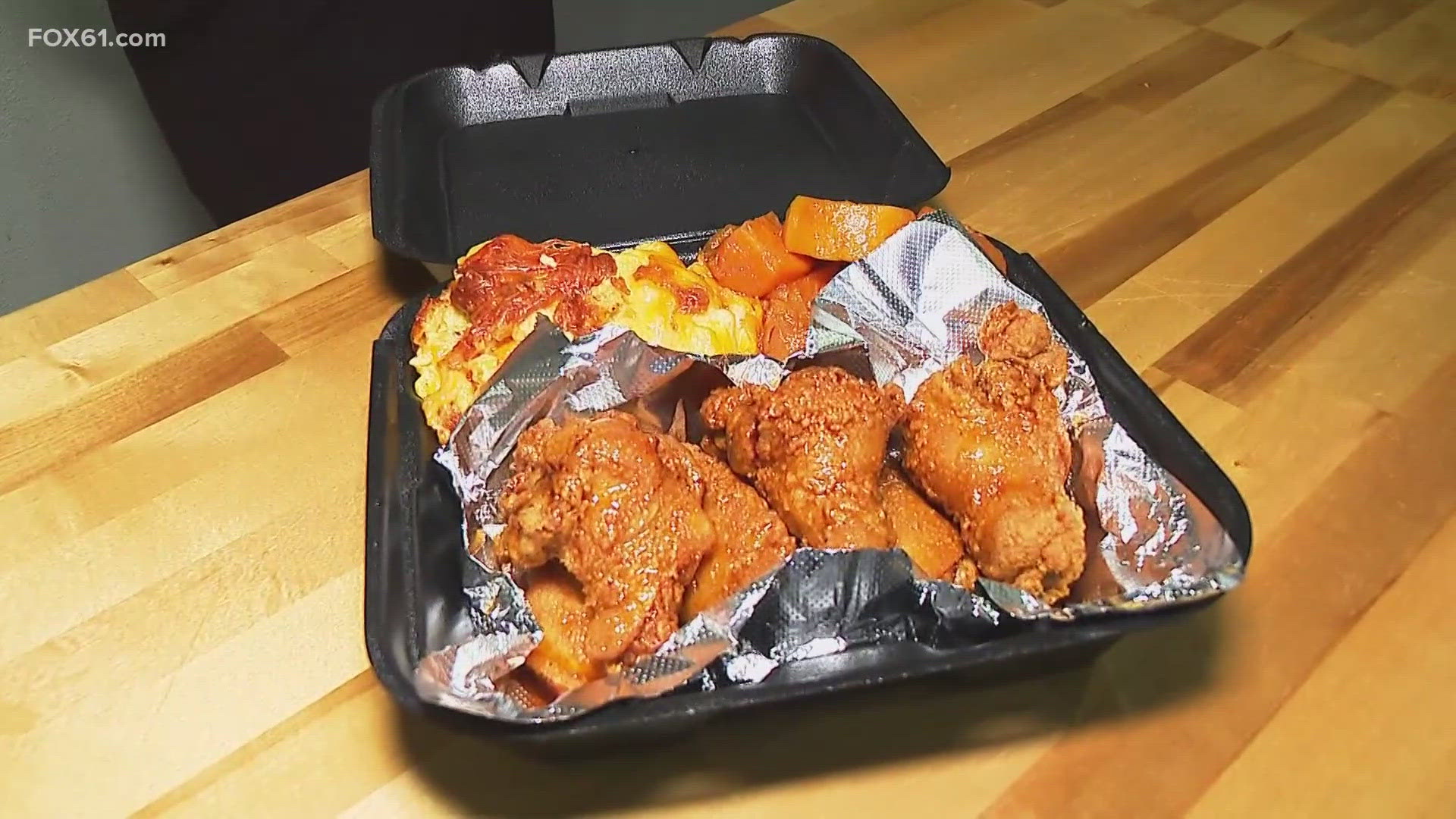NEW LONDON, Conn. — A highly infectious strain of bird flu has been detected in a non-commercial backyard flock in New London County, officials confirmed Wednesday. It is the first occurrence of the disease in Connecticut this year.
The Connecticut Department of Agriculture said did not say what type of birds were involved, but identified them as "non-poultry." This means the birds involved were not used for the production of meat or eggs for consumption, for the production of other commercial products, for restocking supplies of game, or for breeding.
Officials said the strain of bird flu does not seem to be an immediate health concern and no human cases of this particular strain have been detected in the U.S.
Connecticut State Veterinarian Dr. Jane Lewis said samples were sent to the University of Connecticut Medical Diagnostic Lab for testing and was confirmed by the USDA National Veterinary Services Laboratories in Ames, Iowa.
According to the U.S. Centers for Disease Control and Prevention, recent detections of this strain of bird flu present a low risk to the public.
The infected premise has been quarantined by the department of agriculture and the birds on the property have been depopulated to prevent further spread of the disease.
Birds from the flock will not enter the food system and the department has established a surveillance zone around the detected property.
Those involved in poultry production should increase biosecurity measures to prevent their flocks from becoming infected. All poultry producers, from small backyards to large commercial operations, should review their biosecurity plans and take precautions to protect their birds.
Poultry biosecurity materials and checklists can be found on the USDA’s “Defend the Flock” website.
In addition to practicing good biosecurity, poultry owners should keep their birds away from wild ducks and geese and their droppings. Outdoor access for poultry should be limited at this time.
A noncommercial backyard case also was identified in Iowa on Wednesday. Similar cases have been found in backyard flocks in recent days in Michigan, Maine, New York, and Virginia.
Wild birds often spread the virus to domestic poultry.
To report sick birds, an unexplained high number of deaths, or a sudden drop in egg production, please contact Connecticut State Veterinarian at 860-713-2505 or ctstate.vet@ct.gov, or the USDA at 866-536-7593.
Jareliz Diaz is a digital content producer at FOX61 News. She can be reached at jdiaz@fox61.com
---
Have a story idea or something on your mind you want to share? We want to hear from you! Email us at newstips@fox61.com
HERE ARE MORE WAYS TO GET FOX61 NEWS
Download the FOX61 News APP
iTunes: Click here to download
Google Play: Click here to download
Stream Live on ROKU: Add the channel from the ROKU store or by searching FOX61.
Steam Live on FIRE TV: Search ‘FOX61’ and click ‘Get’ to download.



